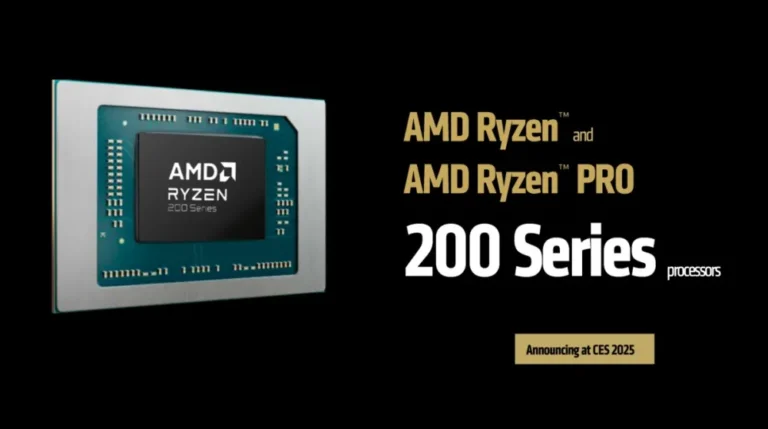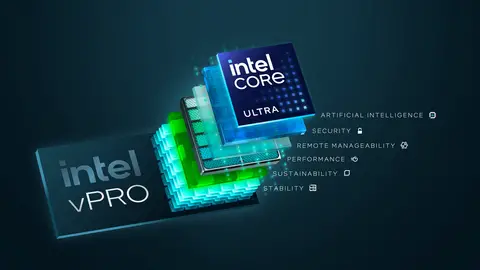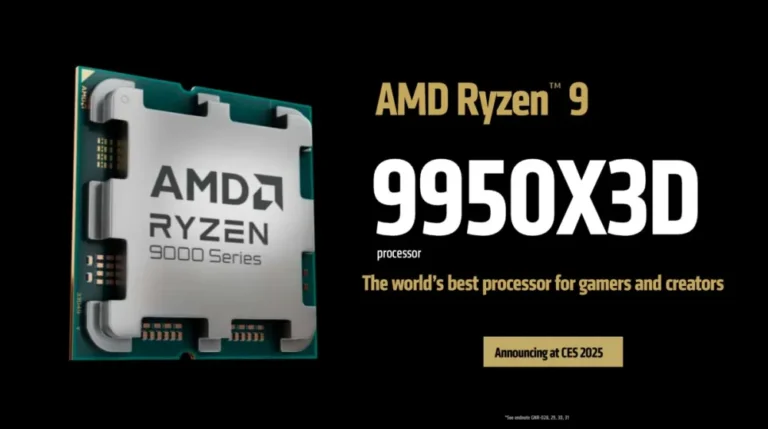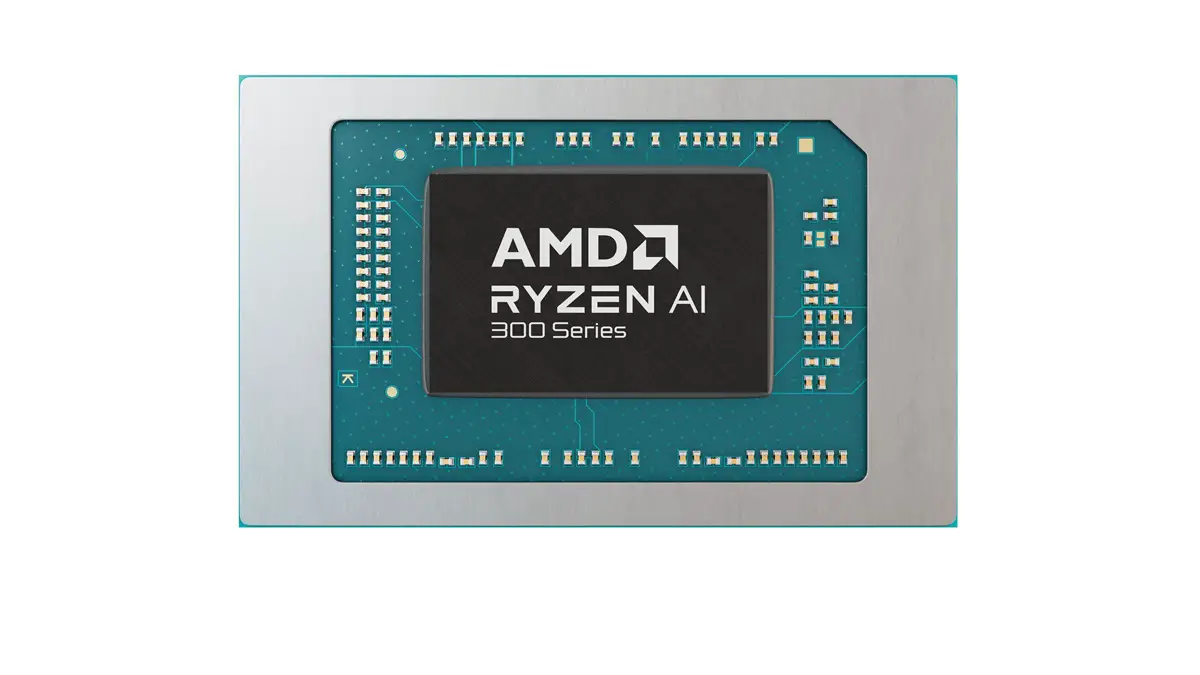
At COMPUTEX 2024, AMD unveiled its new Zen 5 series architecture and introduced consumer-grade processors based on this cutting-edge architecture. These include the desktop Ryzen 9000 series and the mobile Ryzen AI 300 series processors. The APU codenamed “Strix Point,” or the Ryzen AI 300 series, will be the first to reach consumers, although AMD has yet to provide an exact release date.
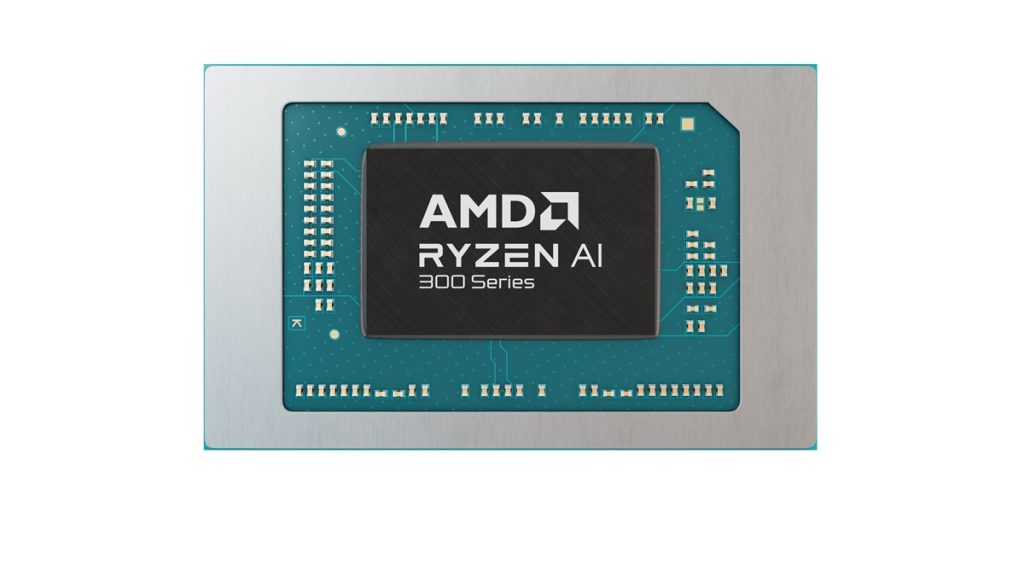
According to a report by VideoCardz, ASUS’s official online store indicates that laptops featuring the Ryzen AI 300 series processors are now available for pre-order, with an official release date of July 15. These laptops span multiple product lines, including the Zenbook S16 (UM5606), Vivobook S14 (M5406), Vivobook S15 (M5506), Vivobook S16 (M5606), ProArt P16 (H7606), and ProArt PX13 (HN7306). Additionally, ASUS will cater to high-end gamers with the launch of the ROG Zephyrus G16 (GA605), TUF Gaming A14 (FA401), and TUF Gaming A16 (FA608).
However, the specific release dates for different laptop models may vary slightly, with some models expected to be available later than July 15, potentially by early August. This timeline has not yet been confirmed by AMD, and the release date for the Ryzen 9000 series, codenamed “Granite Ridge,” is also pending confirmation, rumored to be July 31. There are reports that AMD will hold a special media event in early July to reveal full product details and official release dates.
The initial Ryzen AI 300 series processors include two models: Ryzen AI 9 HX 370 and Ryzen AI 9 365. These processors feature a hybrid architecture, with the CPU part incorporating Zen 5 and Zen 5c cores, supporting up to a combination of Zen 5 x4 and Zen 5c x8, totaling 12 cores and 24 threads, and an L2 + L3 cache of 36MB. The GPU part utilizes the RDNA 3.5 architecture, with up to 16 CUs. Additionally, the new XDNA 2 neural processing unit (NPU) offers 50 TOPS of performance, significantly surpassing Microsoft’s requirement of 40 TOPS for the next generation of AI PCs, allowing for local execution of AI workloads like Copilot.
